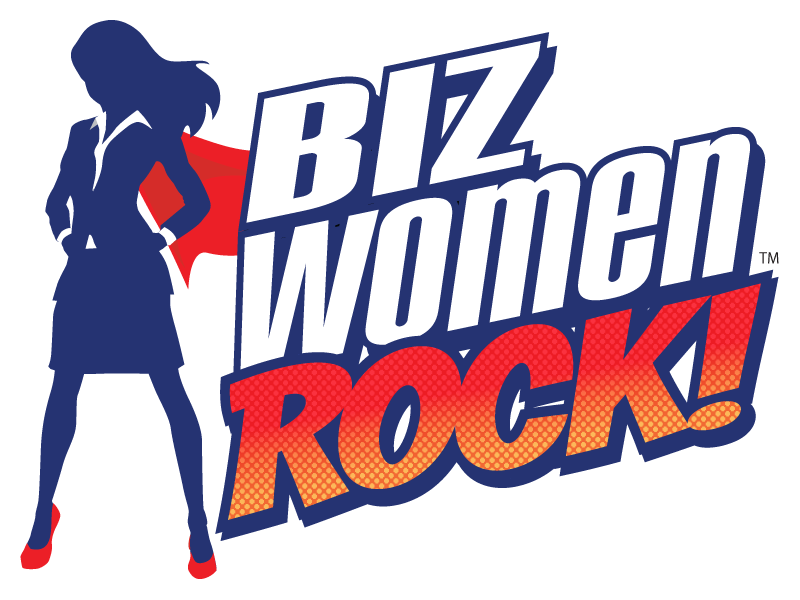By: Marilyn Nagel
I admit not thinking much about entrepreneurs for a good portion of my adult life, most likely because I worked for global multinational corporations or in non-profit. I appreciated the goods and services that entrepreneurs provided, but didn’t think much about what it took to get those ideas to market or build those businesses.
My first real exposure to the challenges of entrepreneurs, and particularly women entrepreneurs, came from my role as CEO of a non-profit focused on women’s success where some of the most active of our constituents and board members were entrepreneurs. These women were inspiring, business titans who challenged the odds and created thriving enterprises while continuing to spend a good deal of time giving back. They are women who support women, and they are role models for having a successful business (often in male dominated fields) without sacrificing their values or their commitment to family and community. I’m honored to call many of these women friends and want to recognize what I’ve learned from them and their contribution to the world.
President Obama marked November as National Entrepreneurship Month, and I’d like to recognize women entrepreneurs in particular.
“When we encourage entrepreneurs and the ideas they introduce to the world, we strengthen our communities and help secure America’s promise for future generations.” – President Barack Obama, October 29, 2015
Women have been entrepreneurs for generations with small home businesses, success at multi-level marketing like Tupperware or Mary Kay, and many women owned and ran the local shops. Today women’s entrepreneurial interests are more reflective of our varied educational backgrounds and work experience. Our entrepreneurial endeavors are inclusive of but no longer limited to consumer goods.
With limited flexibility, expectations of being “on” 24×7, and difficulty in breaking the glass ceiling of the executive suite, many women are leaving the corporate sector to become entrepreneurs. It is not that as entrepreneurs women work any less, but we do set our own hours, at least in part, at our convenience (with the opportunity to work from home and when kids are in bed) and we have the opportunity to lead and create the corporate cultures we want to see. We develop products for women by women in technology, science, finance, manufacturing, as well as every other sector of our economy.
As co-founder of NQuotient, a start up developed to support women’s career growth I’m learning first hand about the additional challenges women entrepreneurs face in the male dominated VC world. When we explain our business idea, the male dominated VC’s often don’t understand why we would need a product to support corporate women’s career growth. Many believe that the best most qualified person always gets the job and they are wary of doing anything to address the gender gap because many proposed solutions have not yielded results. So we often start with an audience that isn’t passionate about the problem we are solving. I’ve heard from many women entrepreneurs that they come up against a wall when trying to get funding to the degree that several have brought on male partners to pitch to the male dominant VC groups.




